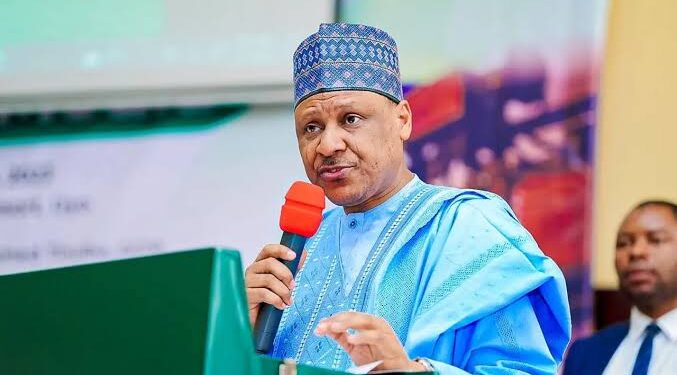Concerns concerning a widely shared video in which a well-known religious figure exhorts Nigerians to disobey medical advice regarding salt intake have been addressed by the Federal Ministry of Health and Social Welfare.
The Ministry stressed that eating too much salt can have major negative health effects, even as it acknowledged the important role that religious leaders play in society.
The Ministry issued a warning against false information that jeopardises public health in a statement issued Wednesday and signed by Alaba Balogun, Deputy Director of Information and Public Relations.
While acknowledging the significant influence of religious leaders in society, the Ministry emphasised that excessive salt intake poses serious health risks.
The statement read. “Sodium is an essential mineral for the human body, supporting nerve function, muscle movement, and fluid balance.”
“However, consuming it in excess increases the risk of non-communicable diseases such as hypertension, stroke, heart failure, and kidney disease.”
Global health recommendations, such as those issued by the World Health Organisation and the Nigerian government, state that a person’s daily salt consumption should not be more than 5 grams, or roughly one teaspoon.
However, studies reveal that the average Nigerian drinks over twice as much as is advised, which results in thousands of avoidable deaths per year.
The Ministry stated that it is putting a National Sodium Reduction Strategy into action to address this public health issue.
Targeting sodium levels in all food categories, from packaged goods to meals served in homes, restaurants, and by street vendors, is part of the new national guidelines.
To lower sodium intake without sacrificing flavour or nutrition, the programme aims to bring together food producers, authorities, and the general public.
The Ministry also stressed that science and faith need not be at odds.
“Both can work hand in hand to promote health and well-being,” the statement said, urging Nigerians to consult licensed healthcare providers for accurate medical information.
In order to further the country’s health objectives, the Ministry reaffirmed its dedication to evidence-based policy and civil interaction with all facets of society, including religious communities.




































